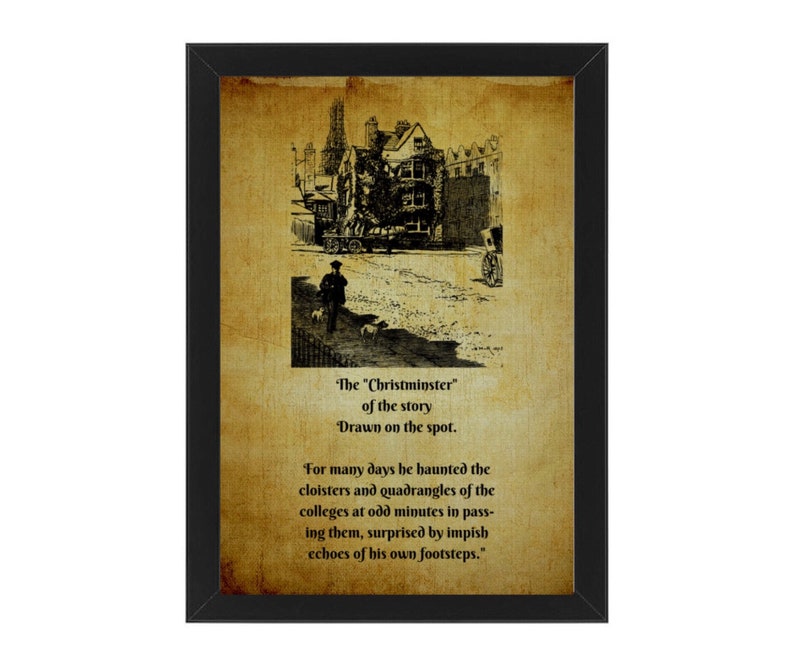

Hardy’s epic, poetical drama The Dynasts (1908) reflects a lifetime of involvement with this historical material, including interviews he conducted with elderly soldiers who had fought in the Napoleonic campaigns. There Hardy could explore and contemplate Druid and Roman, ancient and medieval ruins, a fascination which also found expression in later poems like “The Shadow on the Stone.” Hardy’s interest in history also extended to the Napoleonic Wars, which he considered one of the great events of the historical past Dorset tradition told of the fear of Bonaparte’s invasion of England. Stonehenge was only the most famous of the many remains of the past scattered throughout the English south. He provided a map of the area, with the names of the villages and towns he coined to represent actual places.īut other features of southern England also influenced Hardy, especially as a poet. Moreover, Hardy called his novels the Wessex Novels, after one of the kingdoms of Anglo-Saxon Britain. Strongly identifying himself and his work with Dorset, Hardy saw himself as a successor to the Dorset dialect poet William Barnes, who had been a friend and mentor. One of the poorest and most backward of the counties, rural life in Dorset had changed little in hundreds of years, which Hardy explored through the rustic characters in many of his novels. Though he was an architectural apprentice in London, and spent time there each year until his late 70s, Dorset provided Hardy with material for his fiction and poetry.

Hardy’s youth was influenced by the musicality of his father, a stonemason and fiddler, and his mother, Jemima Hand Hardy, often described as the real guiding star of Hardy’s early life. He died in 1928 at Max Gate, a house he built for himself and his first wife, Emma Lavinia Gifford, in Dorchester, a few miles from his birthplace. One of the most renowned poets and novelists in English literary history, Thomas Hardy was born in 1840 in the English village of Higher Bockhampton in the county of Dorset.


 0 kommentar(er)
0 kommentar(er)
